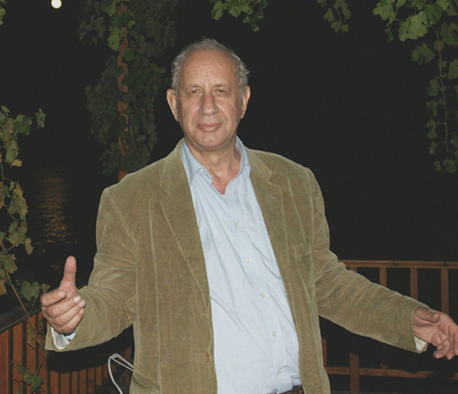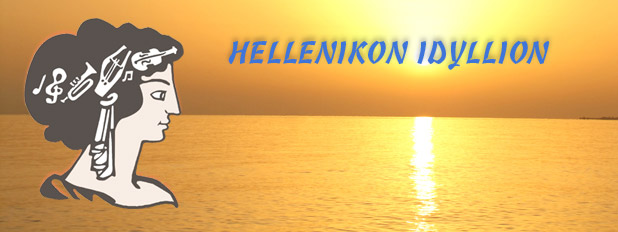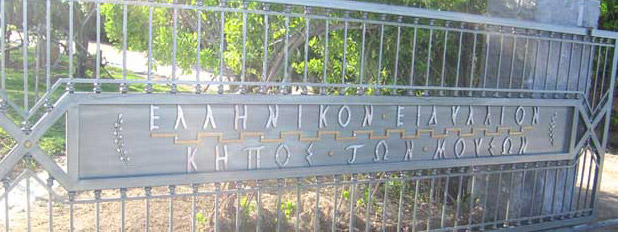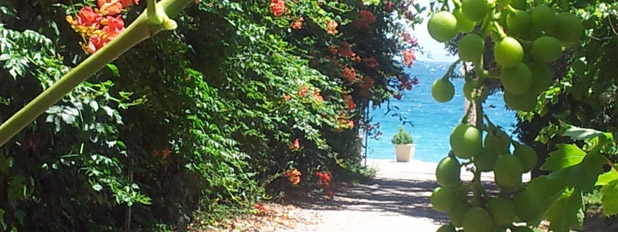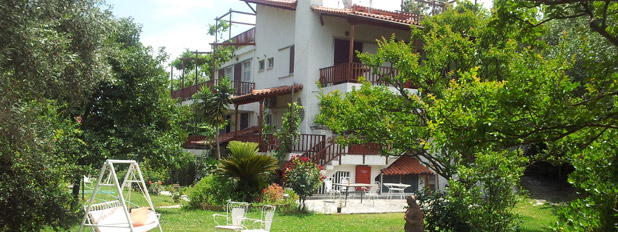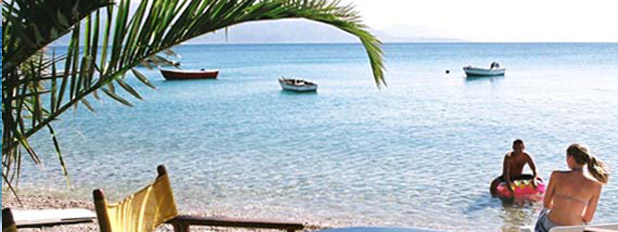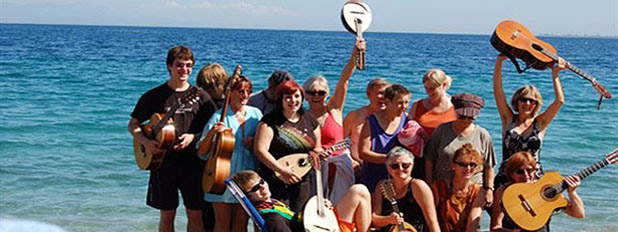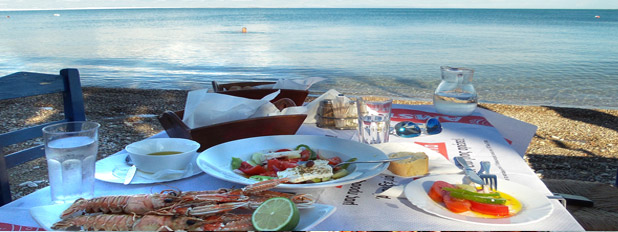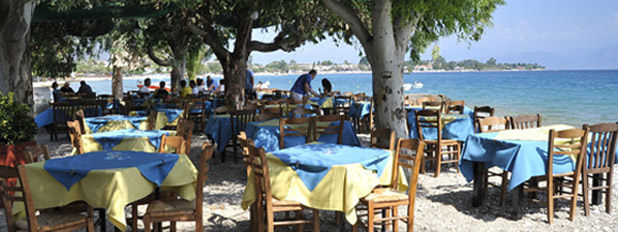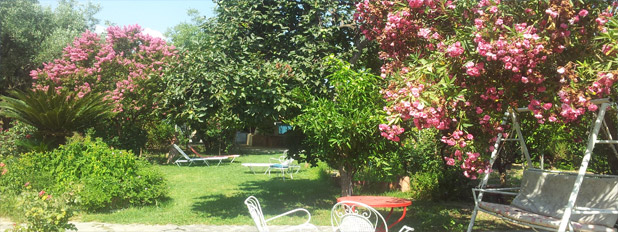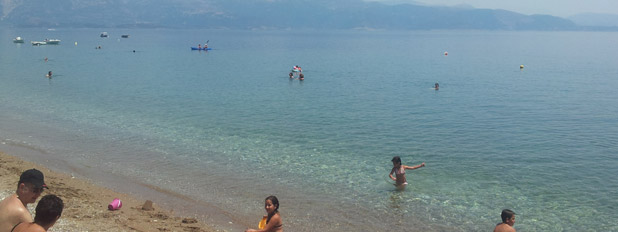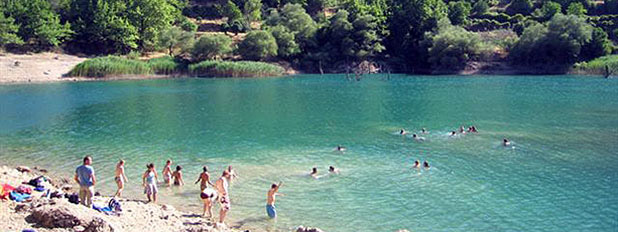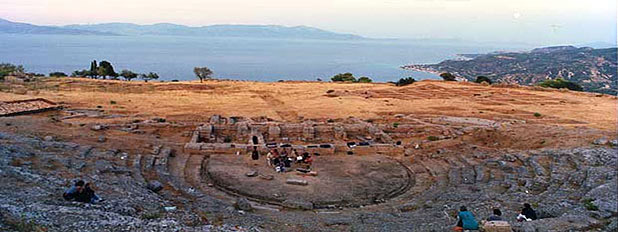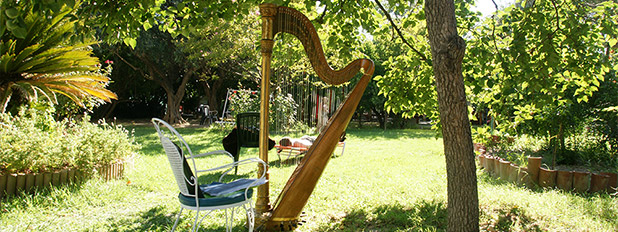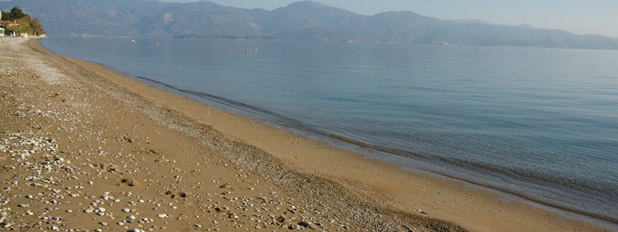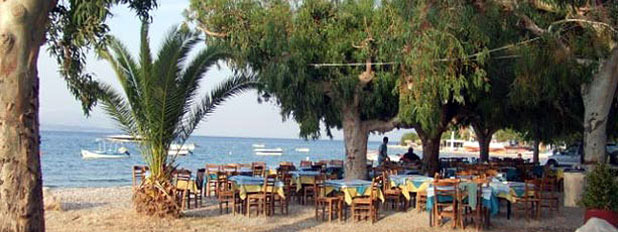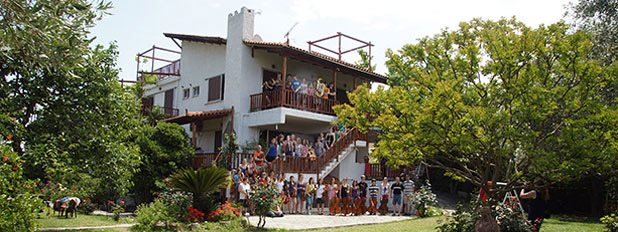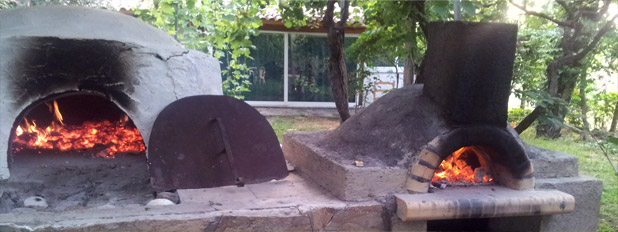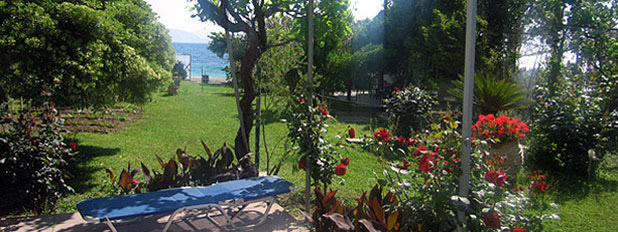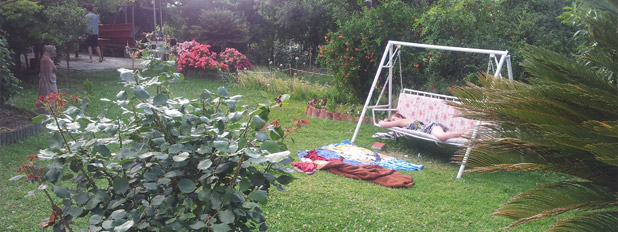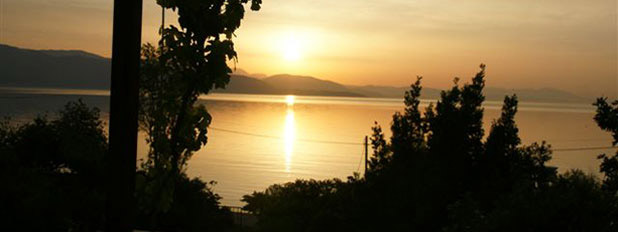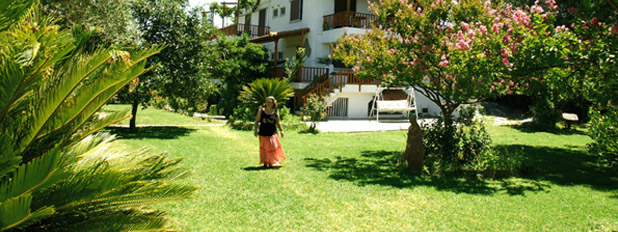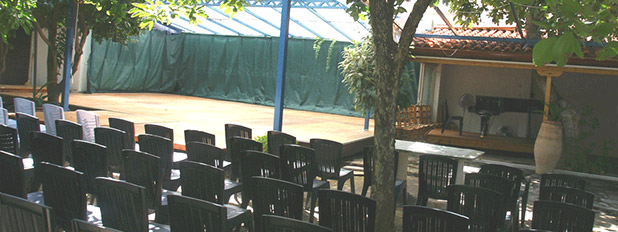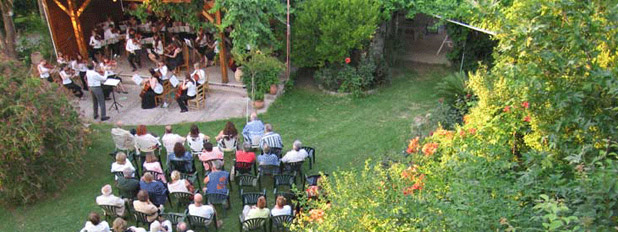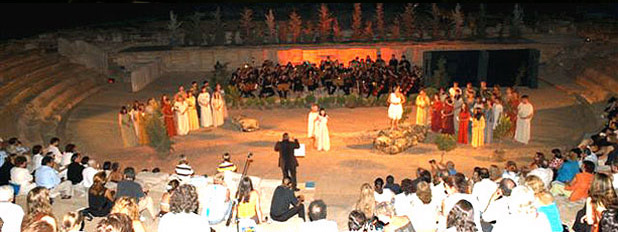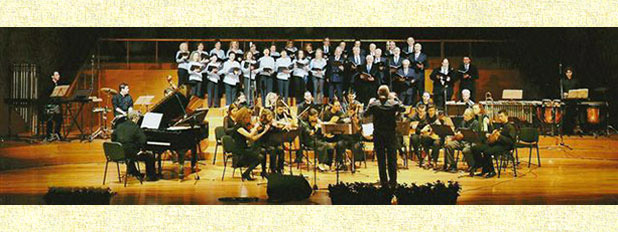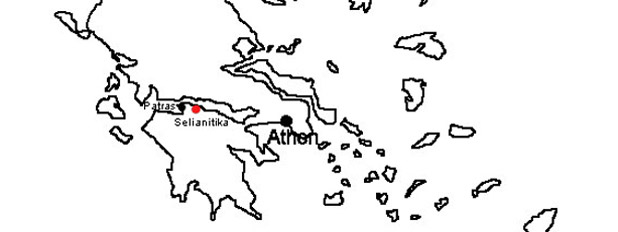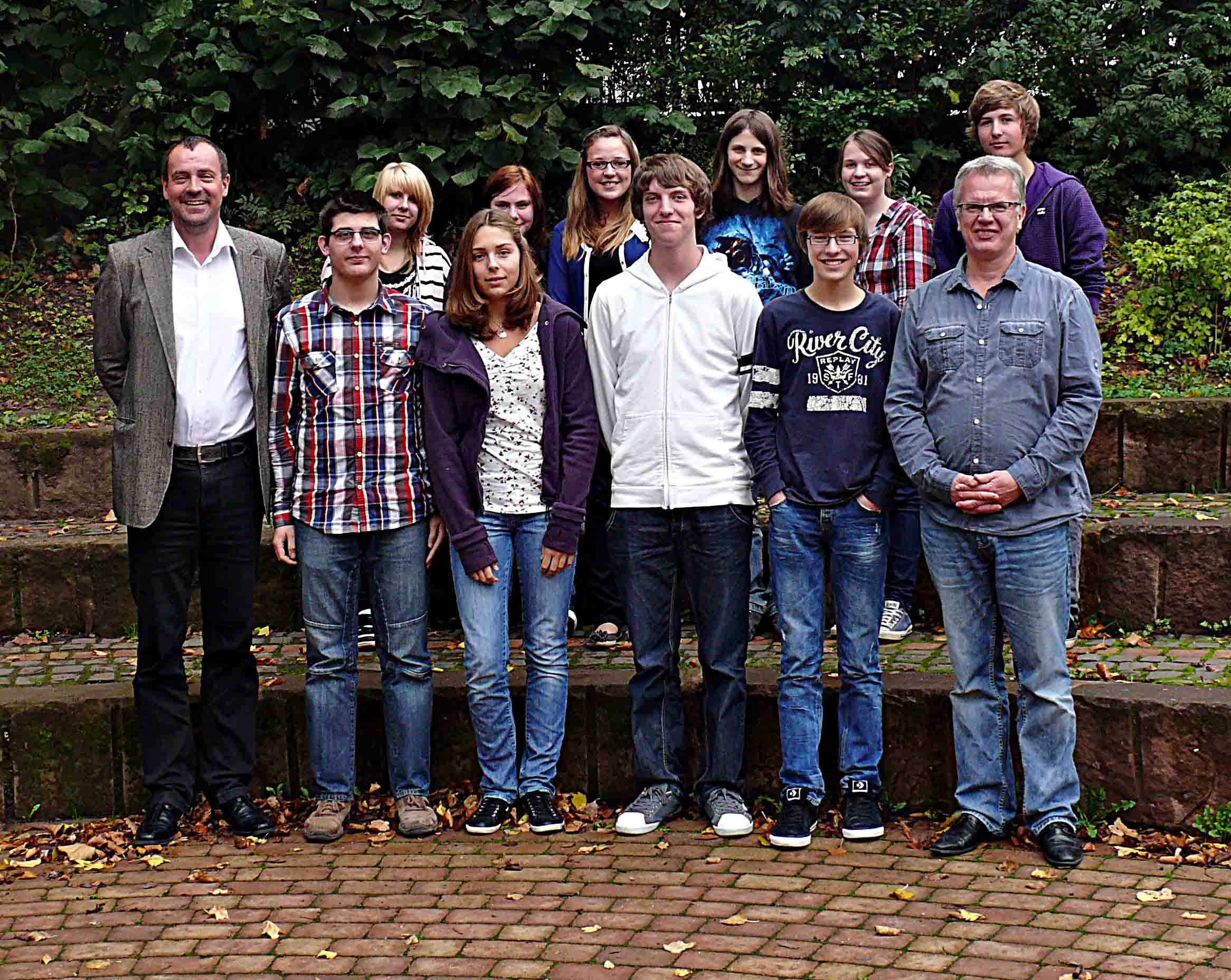Projects
Philosophize in Ancient Greek Choirs, orchestras, creative groups
Projects
Philosophize in Ancient Greek Choirs, orchestras, creative groups
Philosophize in Ancient Greek Choirs, orchestras, creative groups
2003 2005 2010 2011 2016 2017 2018 2019
↓Agon Armonias, Results
↓First prize
↓Special prize
↓News media
↓Agon Armonias
↓Invitation
↓Tasks
↓Jury
↓Conditions
↓Deadline
↓Prizes
Agon Armonias, Results
First prize
Clara Moennighoff (text) & Gosia Borrée (music) from Göttingen (DE): Ode an die Freunde (Ode to the Friends) with the verses ἐπεὶ οὐ μέν τι κασιγνήτοιο χερείων / γίνεται, ὅ κεν ἑταῖρο ἐὼν πεπνυμένα εἰδῇ (Odyssey, 8.585f.)
Audio file as Download
Lyrics and score as Download
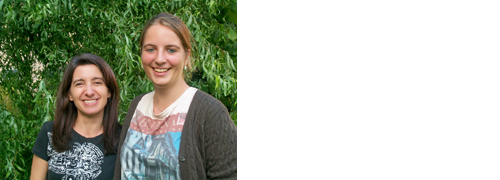
Jana Ritter & Lea Baltussen (text) & Peter Wondra (music) from Heilbronn (DE): Wir sind eine Seele in zwei Körpern (We Are one Soul in Two Bodies) with the line Ἐσμέν μία ψύχη ἐν δυοῖν σώμασιν(ascribed to Aristoteles).
Audio file as Download
Lyrics and score as Download
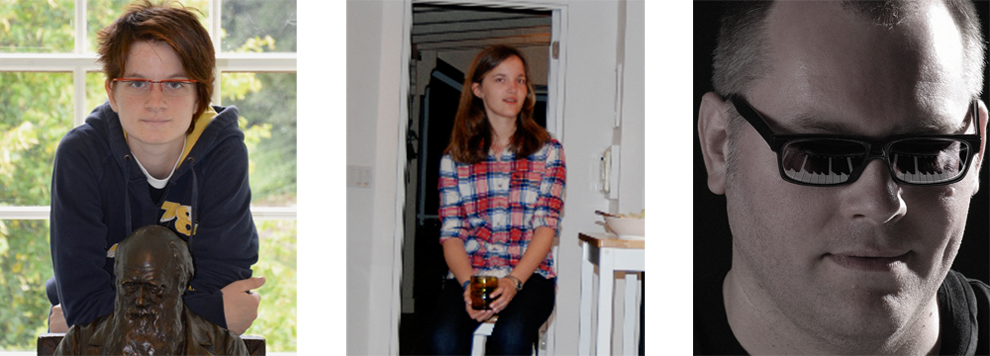
Georg Ehrmann with his Greek class (text) &Volker Christ (music) from Pirmasens (DE):Süßapfel (Sweet Apple) with the verse Οἷον τὸ γλυκύμαλον ἐρεύθεται from Sappho (Frg. 105a LP).
Audio file as Download
Lyrics and score as Download
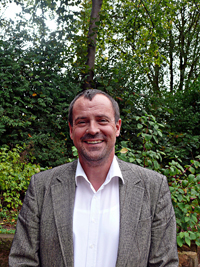
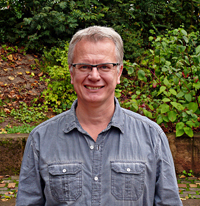
Special prize
Angelika Franzki & Saskia Höper (text and music) from Celle (DE): Die Irrfahrten des Odysseus (The Wanderings of Ulysses) with citations from the Odyssey.
Audio file as Download
Lyrics and score as Download
Text corcerning the importance and the learning of Ancient Greek as Download
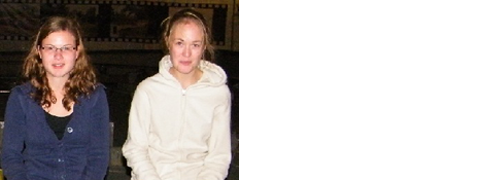
The statement of the jury can be read in this PDF.
If you want to have a look at all the contributions, visit our former Webseite.
News media
News media from Celle about the special prize of Angelika Franzki and Saskia Höper:
Artikel 1 special prize
Artikel 2 special prize
Artikel 3 top in Ancient Greek
Agon Armonias
Announcement of an international competition with the objective of promoting the Ancient Greek language, classical philosophy and composition
Addressed to the relevant department representative of Ancient languages (especially Ancient Greek), modern languages, English studies and music, as well as history, philosophy and arts
Invitation
Dear friends of Ancient Greek,
νον ἐκ διαλόγων σύγκειται, ἀλλὰ καὶ ἄλλα γένοιτο ἄν πολλά. Πολλάκις γὰρ μουσικοί τε καὶ ἄλλοι τινὲς παιδείαν τιμῶντες ἐν τῷ Ἑλληνικῷ Εἰδυλλίῳ διατρίβουσιν, ὥστε συναυλίαι καὶ ἀκροάσεις τινὲς γίγνονται ἑσπέρας. Καὶ οἷόν τε ἂν εἴη ἄλλον τόπον θεάσασθαι καὶ δρᾶμά τι ἐν ἀρχαίῳ τινὶ θεάτρῳ.
Since many years the international meeting place for culture and music at the north-west coast of the Greek Peloponnese, represents intercultural exchange. Following on from our Ancient Greek competition Agon Aretes (Ἀγών Ἀρετής) in 2005 and the recently launched international opera composition competition 2010 Helike Athanatos (Ἑλίκη Ἀθάνατος) 2010, we want to launch another competition this year. Object of this competition is the combination of Ancient Greek, philosophical thinking and musical artistic creation. Our intention is to promote the involvement with Greek language and culture. This project addresses mainly pupils from the age of 15 up.
Tasks
1. Choose a quotation, saying or the verse of an Ancient Greek philosopher or poet, that contains not more than 15 words.
2. Integrate this saying/line in a poem you compose that depicts and deals with the meaning and significance of this saying/line. This saying/line should be used repeatedly in its original Ancient Greek pronunciation and, if possible, its translation in the refrain.
3. Find a composer or a musician, (no restrictions), who sets your poem to music. Of course you can also set your poem to music by yourself. The character of the setting can be rhythmical and dance-like, strictly classical or contemporary.
4. Compose a statement (about 400 words), which deals with the question which appeals exist today to learn the Ancient Greek language and how you yourself would promote learning this language.
Jury
The Jury is built of four teachers from different countries of Europe.
Werner Schulze, Composer, Scientist and Professor at the University of Music and Dramatic Arts Vienna (Austria)
Helmut Quack, who has been board member of the German association for classicists(DAV), he founded a Modern Greek working group in the DAV and has also been the teacher of the seminar "conversing and philosophizing in Ancient Greek" for many years (Germany)
Tania Sikelianou, Violinist and Composer (Greece)
Ioulia Diamantopoulou, grammar school teacher of classical philology (Greece)
Head of the jury, provider of ideas and father of the concept is Andreas Drekis.
Conditions
The decision of the jury is final and incontestable.
The evaluation deals with the philosophic interpretation as well as with the realization of the content into a poem and the musical arrangement.
The results will be released at the end of September 2011.
The names of the winners will be published at our website and in the press.
Deadline
To participate in the competition please register until May, the 31th 2011, by sending an email tohellenikon@idyllion.gr, that contains your name, your address and the name and address of your school. You will get a confirmation of participation.
The submissions to the competition (only one submission per participant/ pair) are to be sent in until July, the 31th 2011. The letter has to contain four envelopes with the copies of your poem and the setting in form of a piano score, each envelope marked with your pseudonym. You can also add a CD with recordings to each envelope. Put the four sealed envelopes together into a large envelope and add a supplementary sheet, on which you write your name, age, address, the address of your school, the name of your composer and the pseudonym you chose. Please seal this large envelope and send it by mail to:
Hellenikon Idyllion
Andreas Drekis
Kyanis Aktis 20
GR - 25100 Selianitika
Prizes
The jury will evaluate the submitted works according to the abovementioned criteria. After that a first, a second and a third prize will be awarded (as well as other awards).
1st prize: The award winner and the composer will get to stay one week for free at the meeting site Hellenikon Idyllion and his whole class is invited to stay four days for free.
2nd prize: The second award winner and his composer will get to stay one week for free at the meeting site Hellenikon Idyllion and his whole class is invited to stay three days for free.
3rd prize: The third award winner and his composer will get to stay one week for free at the meeting site Hellenikon Idyllion and his whole class is invited to stay two days for free.
Object of the competition is to promote the intercultural exchange between Greek and your home country, as well as to enable the whole class community to stay at our place at a favourable price, so they can discover Greek culture on the ground and experience Greek antique in real by visiting famous Greek excavation sites.
Furthermore, all three of the award winners have the possibility to take part in our Ancient Greek seminar within the next years which takes place every summer for two weeks (see below).
We are also thinking about bestowing some extra awards. Every participant will get a certificate. We will also make efforts to suggest ensembles and singers we know the performance of the works, especially of the winning ones. If one of the winning or the performed works should become a commercial success the organizer of the competition, the poet and the composer will benefit from the commercialization in accordance with the copyright.
